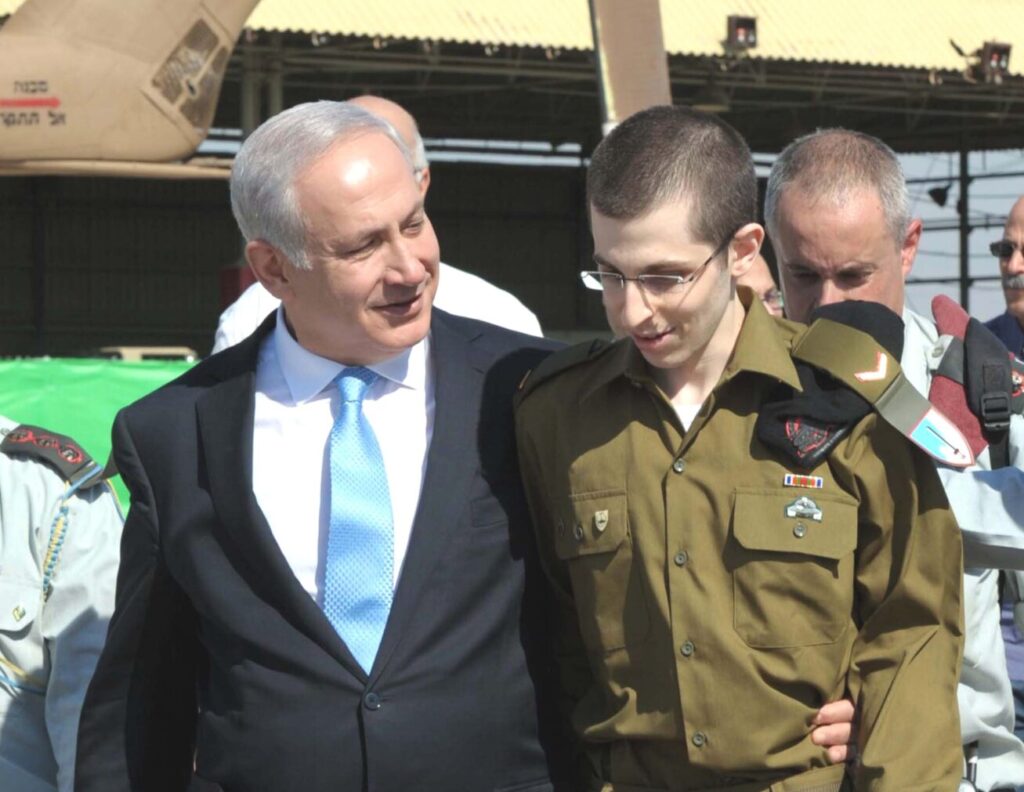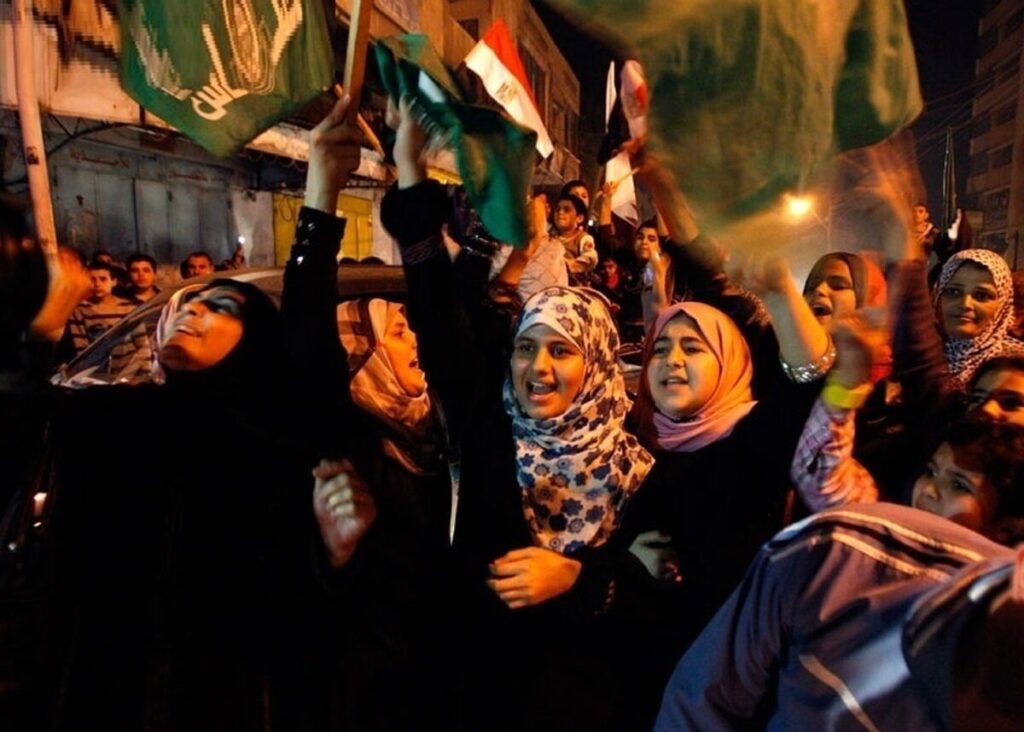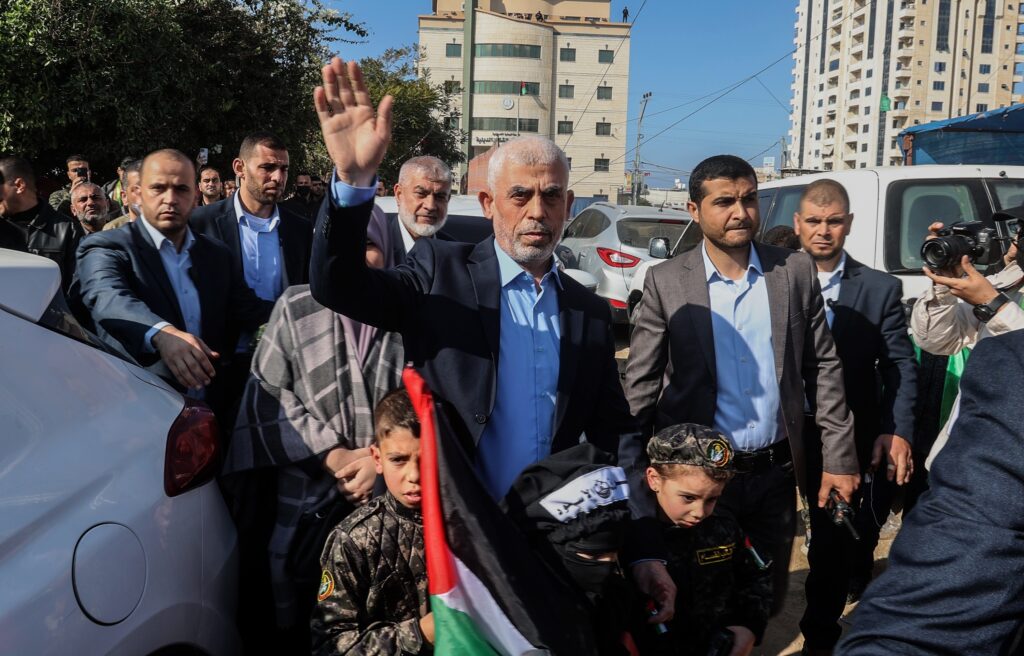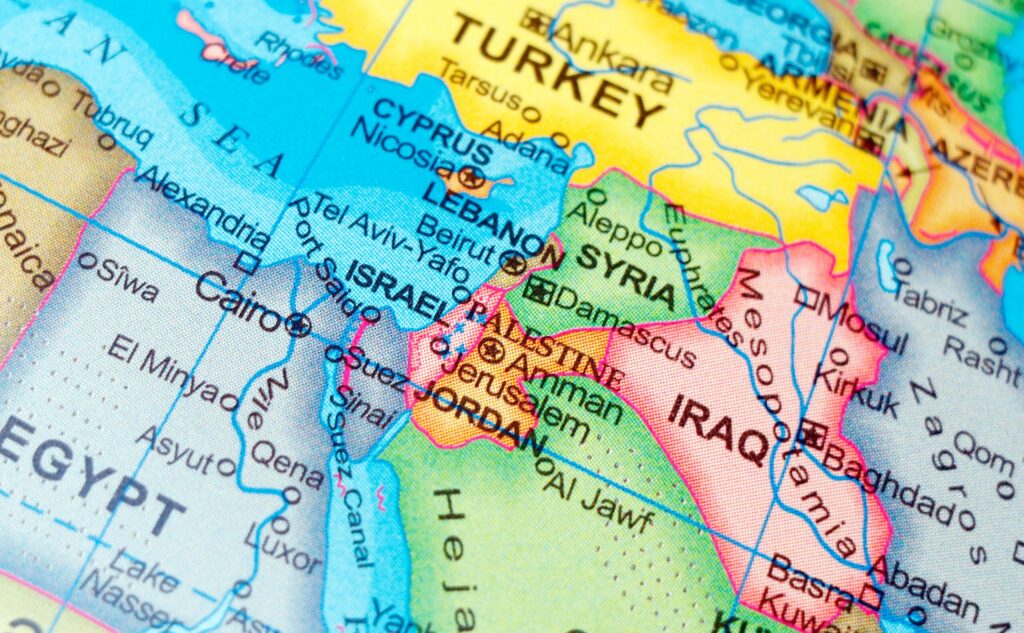UPDATES
An Australian Hezbollah terrorist? No great surprise
Feb 6, 2013 | Ahron Shapiro

Revelations by Bulgarian investigators that one of the suspects in last July’s terrorist bombing of a bus carrying an Israeli tour group near the airport in Burgas, Bulgaria last July was both a Hezbollah operative and an Australian national should unfortunately not come as any great surprise.
Those who have closely followed the operations of Iran’s terror proxy in southeast Asia and Australasia in recent years know that its presence in the region is substantial, and that Australia is regularly listed as one of the countries in which Hezbollah operates.
On Wednesday, Clive Williams from Macquarie University spoke to the ABC‘s Simon Santow as an expert on terrorism.
Williams said that, given the large number of Australians living in Lebanon, it would not be unusual to find someone with an Australian passport associated with Hezbollah.
According to DFAT there are 25,000 Australians living in Lebanon. So these are obviously people of Lebanese descent that have gone back to Lebanon with an Australian passport. So there are a lot of passport holders out there and so it’s not unusual I don’t think for somebody connected with Hezbollah to have an Australian passport.
Last month, Matthew Levitt from the Washington Institute issued a brief report on Hezbollah activity in the region.
Throughout the 1990s, intelligence reports indicated that Hizballah operatives were active in Thailand, the Philippines, Singapore, Malaysia, Australia, and even Myanmar (Burma)…
No one should be surprised that Hizballah has the capacity to carry out attacks and engage in logistical support activities in Thailand and throughout Southeast Asia. Furthermore, Hizballah’s operational contingency plans are constantly being updated and are ready to be implemented within a short period of time.
Canadian intelligence expert and former Mossad agent Michael Ross also gave his take on the scope of Hezbollah’s Southeast Asian and Australasian operations in his 2007 tell-all book “The Volunteer: The Incredible True Story of an Israeli Spy on the Trail of International Terrorists”.
For a supposed Lebanese resistance movement, Hezbollah is very active in Southeast Asia, it’s agents had infiltrated the region in the 1980s, setting up shop in Thailand, Singapore, the Philippines, Malaysia, Indonesia, Taiwan, Korea, and even in Lakemba, a suburb of Sydney, Australia. Hezbollah was known to be procuring weapons and dual-use technology, and recruiting locals to carry out terrorist attacks in Israel and Australia – in some cases, going so far as to marry into local Muslim families.
While Israel and the United States are among the countries that hold a wholesale ban on Hezbollah, like the UK, Australia differentiates between Hezbollah’s political organisation, which is not banned here, and a body which Australia terms Hezbollah’s External Security Organisation (ESO), which is. The official Australian government’s public dossier on the ESO can be referenced online here.
In April 2010, an ASIO counterterrorism report was the basis of a story by reporter Sally Neighbour in The Australian, which said that Australian authorities believed that the ESO had covertly operated inside of Australia in recent years and was in fact continuing to do so, particularly in support of Iran’s nuclear weapons program.
ESO was first detected in Australia in the 90s, when ASIO investigated a Sydney man associated with Sydney’s Arncliffe mosque, the largest Shia centre of worship in Australia. The man was in contact with ESO headquarters and hosted a visit by a number of ESO officials to Australia. It was believed its purpose was to recruit local supporters who could assist with logistics such as the procurement of so-called dual-use technology: civilian hardware that can be converted to military use.
Intelligence sources say ESO has a track record of sourcing military supplies for Iran, which is subject to military sanctions. This has become a source of growing concern as Iran presses on with its push to acquire nuclear weapons. The specific concern here is that Australian operatives may be helping to supply materiel intended for Iran’s nuclear program.
In the same story, a representative of Australia’s Arab community, while falling short of confirming the presence of Hezbollah agents in Australia, admitted that Hezbollah has a lot of sympathisers Down Under.
“There’s no question about [there being] fairly large support from a large part of the Australian community who support and sympathise with Hezbollah in Australia,” says Roland Jabbour, chairman of the Australian Arabic Council.
In 2007 The Australian reported that police were investigating a possible Hezbollah cell in Melbourne, after videotaping rallies attended by dozens of men waving Hezbollah flags and banners during a 34-day war between Israel and Lebanon.
Jabbour says he is not aware that Hezbollah is active in Australia. “If they mean are there people who sympathise with Hezbollah in Australia, that’s a fact. But on a community level I’m not aware of any activities related to Hezbollah as such.”
Last May, Australian Attorney-General Nicola Roxon announced the re-listing of Hezbollah’s ESO as a terror group “following careful consideration of advice from security agencies”.
The group had been featured on the terror list since June 2003,
(Read AIJAC Executive Director Colin Rubenstein’s Op-Ed in the Age on the eve of the ban here) and has been confirmed following reviews every two years since.
In August, Federal Senator John Faulkner presented the report of the Parliamentary Joint Committee on Intelligence and Security on the re-listing of Hezbollah’s External Security Organisation.
Later that month Federal MP Michael Danby commended that report in a speech before Parliament which detailed some of Hezbollah’s recent attacks.
Danby’s speech, however, went further than the report, citing American intelligence that said that – not just the ESO – but even Hezbollah’s fundraising operatives [from the political and social services branches of the organisation] were capable of carrying out acts of terrorism.
On 21 March, my friend the Chairman of the US House Committee on Homeland Security, Republican Peter King – a congressman from New York – ran a hearing on Iran, Hezbollah and the threat to homeland security, in which he stated:
‘Top intelligence officials in the United States believe that Hezbollah is the group most capable of flipping its nationwide network of criminal fundraising cells into an operational terror force capable of great violence on orders from its leaders in Lebanon or Iran.’
Obviously, that kind of warning applies to Australia as well.
The risks of allowing branches of Hezbollah to continue to operate lawfully in Australia are growing more clear.
In his interview Wednesday with the ABC, Williams reminded listeners that Hezbollah enjoys access to Australian society because its branches which are not part of, or can maintain a pretence not to be a part of, the ESO are not banned in the country. (See Sharyn Mittelman’s blog post for important insights on this subject.) Seizing on the report that the Australian suspect had only lived in Lebanon for a short time, Williams went on to theorise that the terrorist in the Bulgarian attack may have been recruited to join Hezbollah’s terror wing while still in Australia.
It was said by the Bulgarians that the bomber had only been in Lebanon since 2010 so it could be that there’s now an element within ESO that wants to become more active. I suspect that the Australian passport holder may well have been somebody who’s similarly only been in Lebanon for maybe a few years. Perhaps a bit more fired up to do something than the locals might be.
Ahron Shapiro











